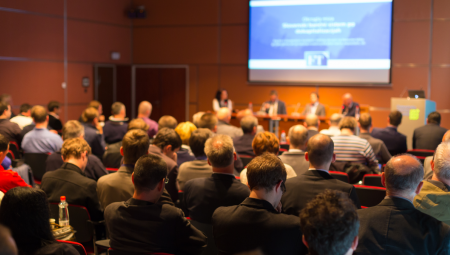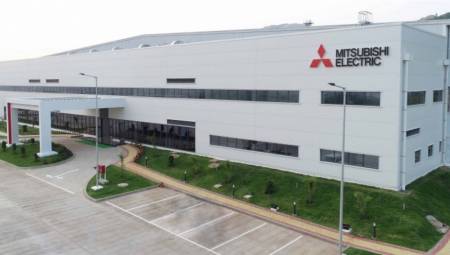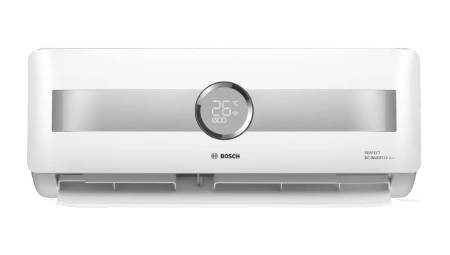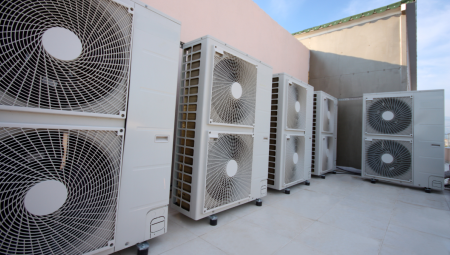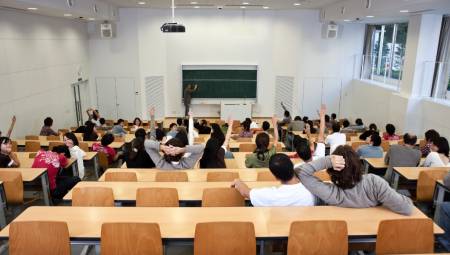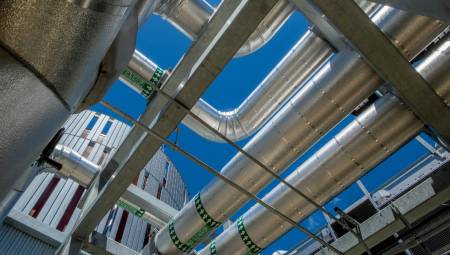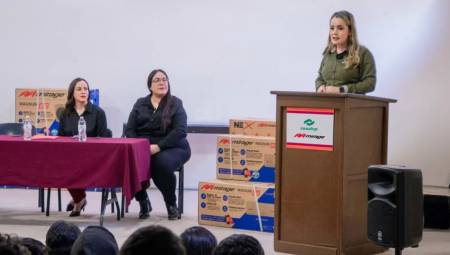 Latin America has always been seen as a very tropical region when it comes to monitoring and adopting regulations. The particularities of the market itself make it difficult to monitor whether international environmental laws are in fact being fully complied with. It is clear that everything that is done in this regard indicates a commitment to the environment, protocols such as those of Montreal and Kyoto what they do is make an official position, so that governments direct actions and resources towards a goal.
Latin America has always been seen as a very tropical region when it comes to monitoring and adopting regulations. The particularities of the market itself make it difficult to monitor whether international environmental laws are in fact being fully complied with. It is clear that everything that is done in this regard indicates a commitment to the environment, protocols such as those of Montreal and Kyoto what they do is make an official position, so that governments direct actions and resources towards a goal.Let's take a look at the measures that Colombia, Venezuela and Chile have implemented to contribute to compliance with what was stipulated in the Montreal Protocol.
In the opinion of Jorge Enrique Sánchez, national director of the Ozone Technical Unit, Colombia began the adoption of these regulations late, and referred specifically to the issue of the Montreal Protocol. "It was adopted in 1992, five years after its signing. It began normatively in 1994, which is when the UTO begins work, which indicates that we could be one of the last countries in Latin America to legalize the agreement," he said.
In Colombia, a conversion program was initiated with funds from the Montreal Protocol in the area of commercial refrigeration, as well as in the segment of manufacture of domestic polyurethane foams. "Currently, no domestic, commercial or industrial refrigerators, as well as air conditioning systems, or vehicles with these substances are produced or imported; we can affirm that all the sectors of the process that ended in 2007 are closed," he said.
In Venezuela, the entity in charge of the issue is the Ozone Technical Unit, of the Industrial Reconversion Fund, Fondoin. Gianfranco Ruggiero and Pedro Sallent, heads of the entity, affirmed that Venezuela assumed the commitments early, in contrast to what happened in Colombia. "Venezuela signed the Vienna Convention in 1985 and the Montreal Protocol in 1987, which made us commit to eliminate ozone-depleting substances from the outset. At the national level, multiple measures have also been adopted, such as the adoption of the protection of the ozone layer within the constitution of the republic and the promotion of legislation to guarantee compliance with this international regulation, " Assured.
Venezuela stopped the production of CFCs 11 and 12, for which it proceeded to compensate the companies that were engaged in this activity, all with the help of the multilateral fund of the protocol.
Chile followed suit in March 1990, ratifying the Montreal Protocol as well as each of its amendments. As explained by Jaime Ugalde, director of communications of Conama, "among the activities developed under the Framework of the Country Program are various projects to reduce and eliminate the use of SAOs (substances that deplete the ozone layer), in areas as diverse as the sterilization chambers of hospitals, manufacturing processes of insulating foams and refrigeration equipment, automotive air conditioning systems and the search for alternatives to the use of methyl bromide to fumigate soils. All this is complemented by training activities for both refrigeration technicians and customs officials who control the entry of these substances into Chile. There are also dissemination and public awareness campaigns underway," he noted.
Chile, to support the elimination of CFCs in the refrigeration and foam sector, executed between 1995 and 2005, the Financing Program for Technological Conversion in two phases (called TECFIN I and TECFIN II), a fact that allowed to eliminate 537.54 tons. PAO of CFC-11, CFC-12 and R-502, in the refrigeration and foam sectors, through the delivery of a conversion subsidy for the 31 largest producing companies in the country.



